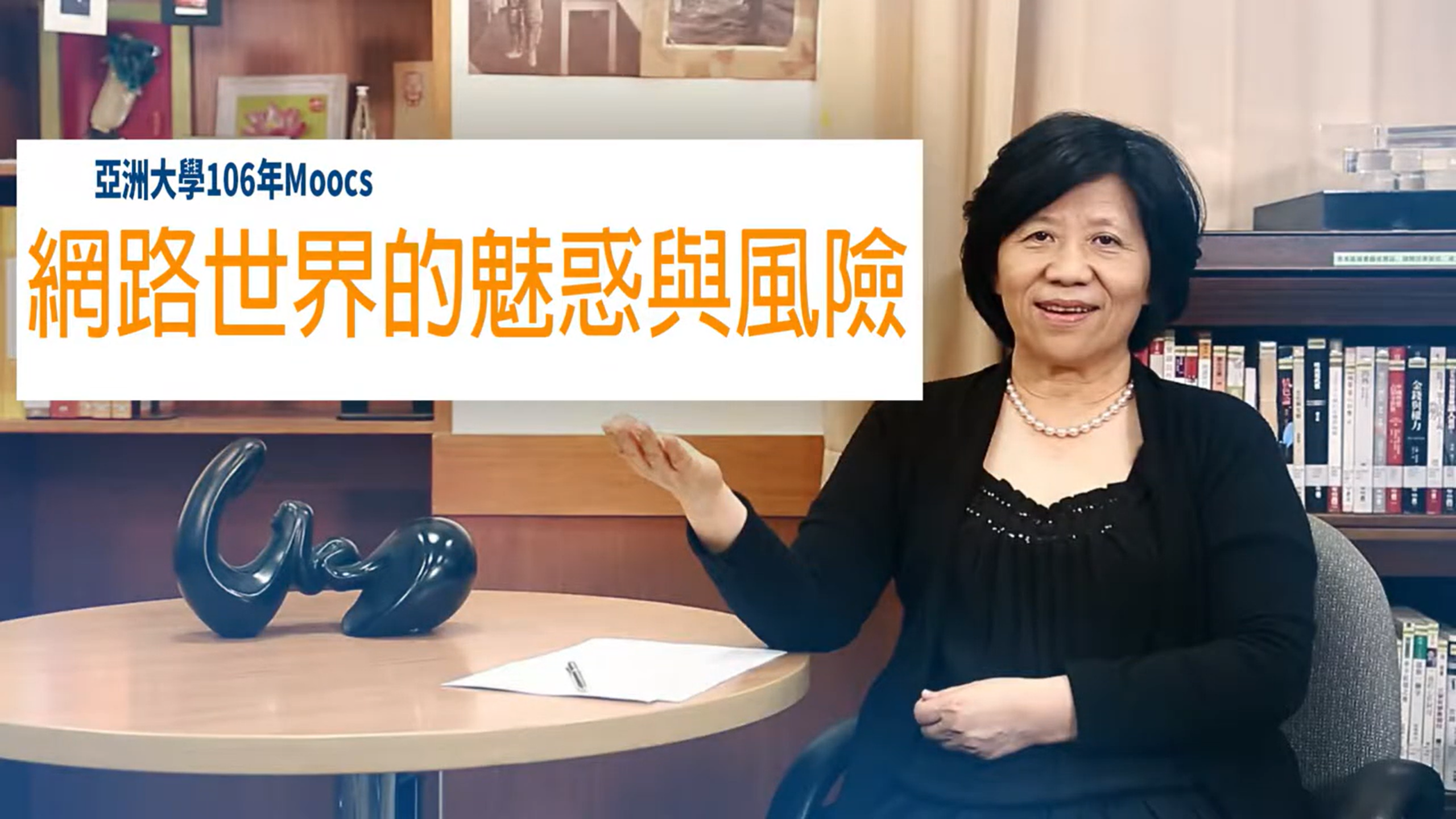Course Summary
This course will analyze both the advantages and disadvantages of internet use, featuring experts from various fields discussing the potential mental and physical health effects of over-reliance on the internet. Through case studies, the course aims to provide an understanding of internet addiction, explore its causes, and introduce preventive strategies. The content is designed to apply to counseling and guidance practices, promoting healthy internet habits among children and adolescents while raising awareness of digital well-being in the broader public.
Course Objectives The course seeks to educate participants on the benefits and drawbacks of internet use, understand the possible effects of excessive internet use on mental and physical health, and identify what constitutes internet addiction. Participants will explore the causes, consequences, and prevention methods, aiming to heighten awareness and concern regarding digital health issues.
Instructor Profiles
Prof. Hui-Chen Ko
Prof. Hui-Chen Ko is a renowned psychologist known for her contributions to talent development, academic research, and professional service. After graduating from the Department of Psychology at National Taiwan University, she pursued a master's and doctorate in counseling and clinical psychology. She later conducted postdoctoral research at Yale University's Department of Psychiatry. Her research focuses on the biopsychosocial causes of depression, suicide, and addictive behaviors, as well as psychological assessment, treatment, and prevention strategies. Recently, she has dedicated her work to internet addiction research, training, and social advocacy. Prof. Ko has published over 100 papers in renowned journals and serves as a reviewer for national and international journals and government projects. She has received numerous awards, including the National Science Council's Outstanding Research Award and the Executive Yuan's Anti-Drug Merit Award. Currently, she serves as the president of the Taiwan Internet Addiction Prevention Association and the Asian Cognitive Behavioral Therapy Association.
Prof. Rong-Kai Zeng
Prof. Rong-Kai Zeng holds a Ph.D. from the Department of Animal Science at National Chung Hsing University. He is a professor and the head of the Department of Optometry at Asia University, and a professor in the Department of Veterinary Medicine. His expertise includes animal models for eye diseases, embryo and microscopic manipulation, and regenerative medicine for visual cells.
Dr. Li-Wei Chou
Dr. Li-Wei Chou completed his residency in rehabilitation medicine at the affiliated hospital of China Medical University. He holds a Ph.D. and a master’s degree from China Medical University’s Institute of Clinical Medicine. Currently, Dr. Chou is the director of the Rehabilitation Department at Asia University’s Affiliated Hospital. His clinical expertise includes electromyography, ultrasound diagnostics, and post-stroke rehabilitation.
Assistant Professor Yun-Xuan Zhang
Assistant Professor Yun-Xuan Zhang holds a Ph.D. in Clinical Psychology from National Cheng Kung University’s Institute of Healthcare. She is currently an assistant professor in the Department of Psychology at Asia University and an adjunct assistant professor at National Cheng Kung University. Her research specialties include clinical psychology, cognitive neuropsychology, psychopathology, emotional disorders, and addiction behavior.
Course Outline
Week 1: The Z and B of Internet Technology
- Understanding the benefits and risks of internet development through news, case studies, and research data.
Week 2: Health Risks of Overusing 3C Devices: Vision Damage and Care
- A lecture by an optometry expert on the health risks of excessive internet use, especially on vision, and methods of eye care for the digital generation.
Week 3: Health Risks of Overusing 3C Devices: Musculoskeletal Injuries and Prevention
- A talk by a rehabilitation specialist on the musculoskeletal risks associated with prolonged internet use and prevention strategies for a healthier lifestyle.
Week 4: "What is Internet Addiction?" Case Studies
- An exploration of real cases of internet and smartphone dependency to better define and recognize internet addiction.
Week 5: Internet Addiction Trilogy: Analyzing the Causes
- Understanding the development of internet addiction through real-life examples, analyzing factors such as environment, cognition, emotions, biology, and personality.
Week 6: Preventing and Managing Internet Addiction
- Addressing the root causes of internet addiction, this module introduces prevention and management strategies, promoting healthy online habits.
Week 7: Final Exam
Course Format The course is divided into six major units, each consisting of smaller modules with 10-30 minute video lessons. Weekly quizzes will be provided to assess understanding, along with a final exam and assignments to evaluate learning outcomes. For grading criteria, see the "Grading Standards" section.
Grading Standards
- Quizzes (50%): Quizzes will follow each mini-unit.
- Final Exam (50%): A comprehensive assessment at the end of the course.
Passing Criteria
- A score of 60/100 is required to pass the course.
Prerequisites No prior knowledge is required. This course is suitable for anyone interested in internet psychology and the prevention and management of internet addiction.
Suggested Readings
- Ko, Hui-Chen. (2016). Parents Setting Boundaries to Help Lost Children, Mandarin Daily News, 2016.
- Ko, Hui-Chen. (2016). Teachers’ Tips for Managing Smartphone Anxiety, Mandarin Daily News, 2016.
- Ko, Hui-Chen. (2013). Discovering the Four Senses of Life: Understanding Teen Internet Addiction, Mingdao Arts, No. 443, pp. 27-31.
- Ko, Hui-Chen. (2017). Beware of Being Bound by 3C Products!, Parent's Paradise, No. 315, pp. 06-07.
- Zhang, Liren. (2013). How to Surf the Web without Becoming Addicted, Psyheart Publishing, Taipei.
- Lin, Yuxuan (Trans.). (2011). Internet Addiction: A Guide for Assessment and Treatment, Psyheart Publishing, Taipei.
- Montag, C., & Reuter, M. (2015). Internet Addiction: Neuroscientific Approaches and Therapeutic Interventions, Springer, New York.
- Petry, N. M., et al. (2014). An International Consensus for Assessing Internet Gaming Disorder Using the DSM-5 Approach, Addiction, 109(9), 1399-1406.


